Having an older cat is blessing – it’s a reminder that your cat has been your faithful companion for so many wonderful years.
As your cat ages, it is normal for their bodies and behavior to change.
As a cat owner, there are steps you need to take to ensure your cat stays healthy in its golden years.
Older cats need special treatment. Caring for an older cat isn’t difficult, but it requires you to change your care routine.
With the right attention and care, your kitty can live a long and healthy life.
Keep reading for special tips and instructions on how to properly care for your aging feline friend.
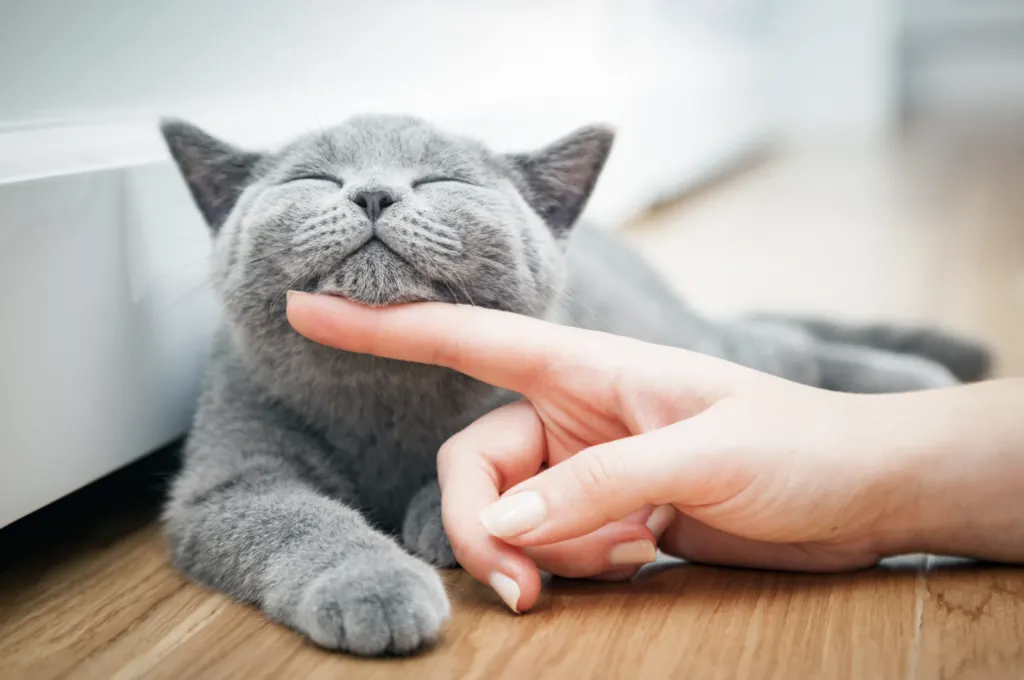
Having an older cat is a good thing!
Older kitties are patient and kind. They’ve grown to love you deeply and the bond between you and your kitty grows stronger each day.
Great news: cats are living longer than ever!
Because of better nutrition, veterinary advancements, and the rise of cats living indoors, it isn’t uncommon for vets to receive cat patients that are in their twenties!
According to Cornell University’s College of Veterinary Medicine, cats were once considered to be seniors at the young age of only 8 years old! In modern times, that age has doubled.
Richard Goldstein, a professor at Cornell, says that the trend of cats growing older is a reflection of humans providing better resources for them.
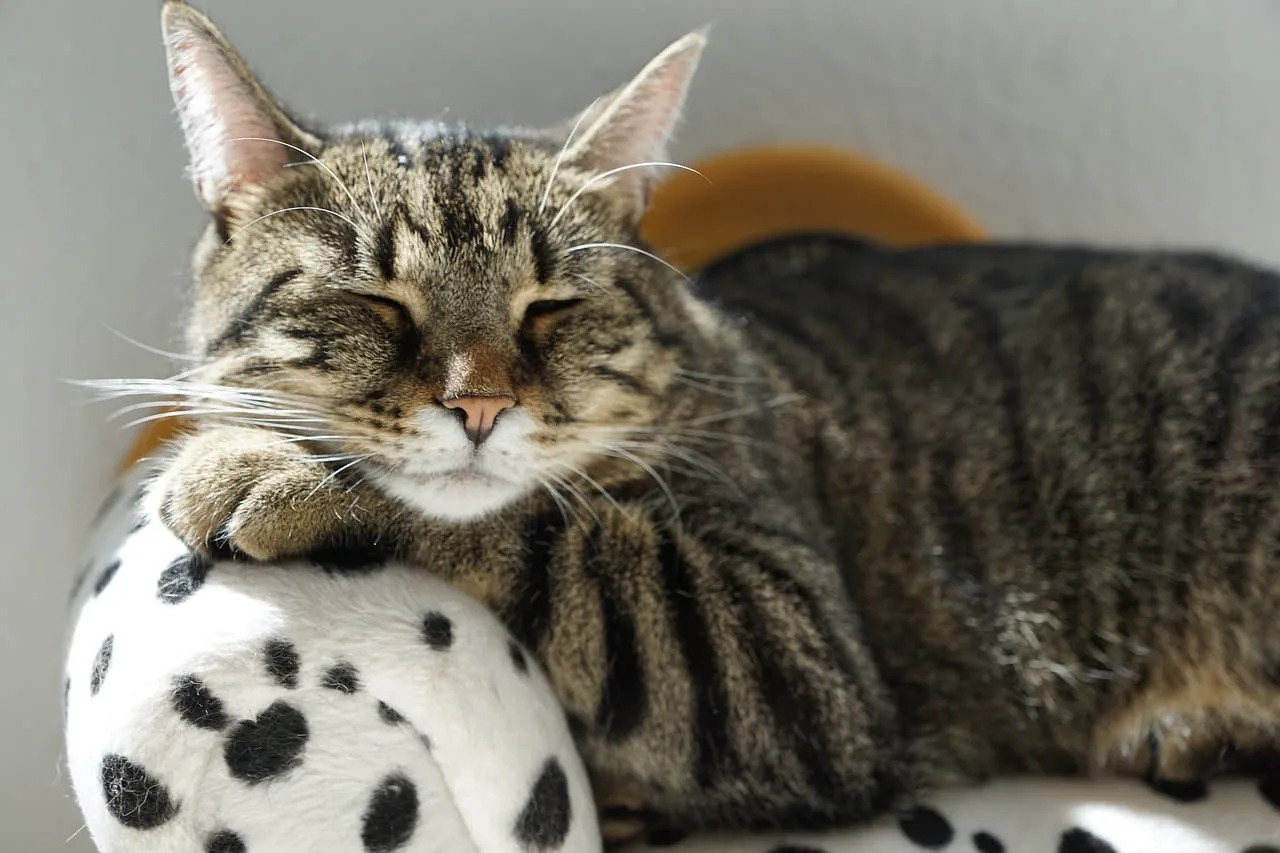
Pre-Steps: Caring for your older cat
Cats are very good at hiding things, especially when they are sick. Monitoring your cat’s behavior will become your daily responsibility.
Below are questions you can ask yourself each day to make sure you are properly tracking your cat’s health as he/she gets older.
- Are they eating normally? Be sure to monitor your cat’s eating habits. One very simple habit is to feed your cat a well-balanced diet based on their weight and activity level.
- Are they drinking normally? If your cat is drinking more/less than usual, this could mean something is wrong. However, you should always provide clean drinking water for your cat every day. Cats often like it when you put multiple water bowls out for them to choose from.
- How is their coat? When cats get older, they don’t take care of their coat like they used to. They may need your help when it comes to caring for their coat from time to time. Consider brushing their hair to help them with shedding.
- Are they using the bathroom normally? You’ll need to watch for signs of constipation, diahrrea, or urinary blockage. If you observe any of these bathroom problems, consult with your vet immediately.
**IMPORTANT** If any of the above are abnormal, please take your cat to see the vet for professional advice.
Don’t attribute any of these problems to simple “getting old”. Such symptoms could be because of serious diseases that a veterinarian will need to be seen for.
Now that you know what to look for, here are the 7 steps to taking care of an older cat.
7 Ways to Care for Your Older Cat
Close observation is very important when it comes to taking care of your aging cat.
Ideally, you’d like to start these steps when they are younger to make it habit. But these steps are especially important for older cats.
Below are some daily tasks you can do to ensure your older cat remains healthy and lives longer.
1. Brush daily (hair and teeth): Daily brushing prevents any loose hair from being swallowed, and keeps hairballs from forming in your cat’s belly.
Daily brushing also stimulates blood circulation and helps keep your cat’s coat nice and shiny.
Brushing your kitty’s teeth with pet specific toothpaste is the most effective way to prevent dental disease.
The American Veterinary Dental College states that dental disease is common in older felines and can lead to serious heart and kidney problems.
My vet recommends brushing my cat’s teeth with Virbac C.E.T.’s specially formulated toothpaste.
RELATED: 6 Ways to Prevent Dental Disease in Cats
2. Create a stress-free environment: Reducing environmental changes for your cat will help keep his/her stress levels low.
For example, bringing a new pet into the house cold be a traumatic experience for older cats, and this should be avoided whenever possible. Older cats love routine and predictability.
They don’t need to be entertained to the same level as when they were kittens.
3. Proper nutrition: Older cats tend to get heavier as they age. If you see that your cat is overweight, you should ask your veterinarian for professional advice for your cat’s diet.
Some cats get thinner as they age. Weight loss can be caused by a variety of health problems such as kidney failure, and special diets may be helpful in managing these problems.
Once again, you should consult your veterinarian for the appropriate dietary changes.
RELATED: What Is The Best Diet For Your Cat?
4. Semi-Annual Checkups: Semi-annual checkups are very important to your cat’s wellbeing.
Cats age faster than humans, so it is important to always stay updated on wellness checkups to catch any health problems before they arise.
Most cat illnesses are easy and inexpensive to treat when they are caught in their early stages.
Remember, cats can’t tell you when something is wrong. However, a vet will be able to detect early signs of disease before it progresses.
Getting your older kitty to the vet at least twice is a year is an important step in easing the aging process.
5. Monitor litter box usage & stools: Be sure to closely monitor how often your cat uses the litter box. If your cat is not peeing, it could be a sign of a fatal urinary blockage that will need veterinary attention immediately.
Also, you want to keep track of what their poop looks like. Normal cat poop looks like dough and is dark brown but not too dark.
Any stool that looks like small marbles is unhealthy and could mean your cat is constipated.
Stool that is very light in color could also indicate health complications. Diarrhea is especially dangerous because it can quickly cause dehydration.
6. Exercise: Making sure that your older cat stays active and engaged is also important.
As cats enter their senior years, they tend to become more relaxed and less active. Being obese is especially dangerous for older cats because they are more likely to suffer from weight-related health complications.
Getting your kitty new toys, providing him/her with towers to jump on and off of, and taking your cat on monitored walks (with a leash) are easy things you can do to keep your cat engaged and active.
7. Keep it warm: Just as humans tend to become cold more easily as they age, cats are more likely to become cold as well.
Cats naturally have a higher body temperature than humans, therefore they need to be in a warm environment to maintain this.
Cats tend to seek out warm and cozy places, especially to rest. Make sure your kitty’s favorite bed, blanket, stuffed animal, or resting place is not in a chilly area in your home.
Remember that too much heat can be a bad thing and potentially harm your cat so make sure you think warm and not hot.
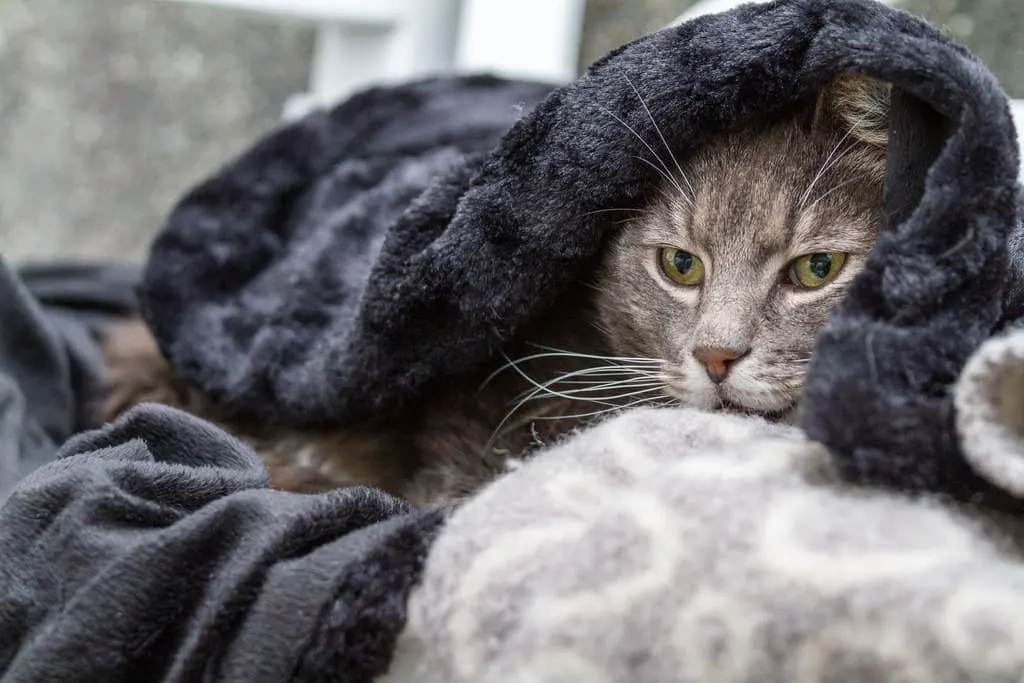
Do you or the people that live with you prefer to keep the house cool? If you do, then buying a heating mat for your kitty is the perfect solution.
Our favorite is the K&H Thermo-Kitty Mat. Instead of getting hot like normal heating mats, it warms up to the perfect temperature that cats naturally feel the most comfortable in.
Another solution is giving them a small semi-enclosed space they can feel safe in and accumulate body heat.
Here’s to a long and happy life for your cat!
According to the American Veterinary Medical Foundation, aging kitties also may need more emotional support as they get older and prefer not to be left alone for very long.
In fact, older cats greatly value the bond they share with their human companions, so continuing to provide physical and mental stimulation by playing, petting, and interacting in special ways really helps your older cat enjoy his/her life.
It can be hard for cats to adjust to new changes, so sticking to predictable and comfortable routines helps give them peace of mind. Don’t forget to give your older cat lots of love and snuggles, they love and need it!
Do you have an older cat? Tell us in the comments below!
- LEARN MORE: How Old is Your Cat in Cat Years?
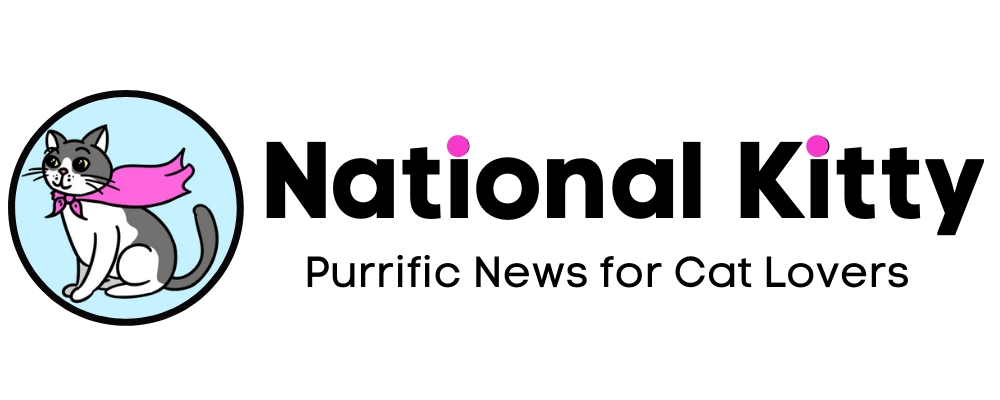
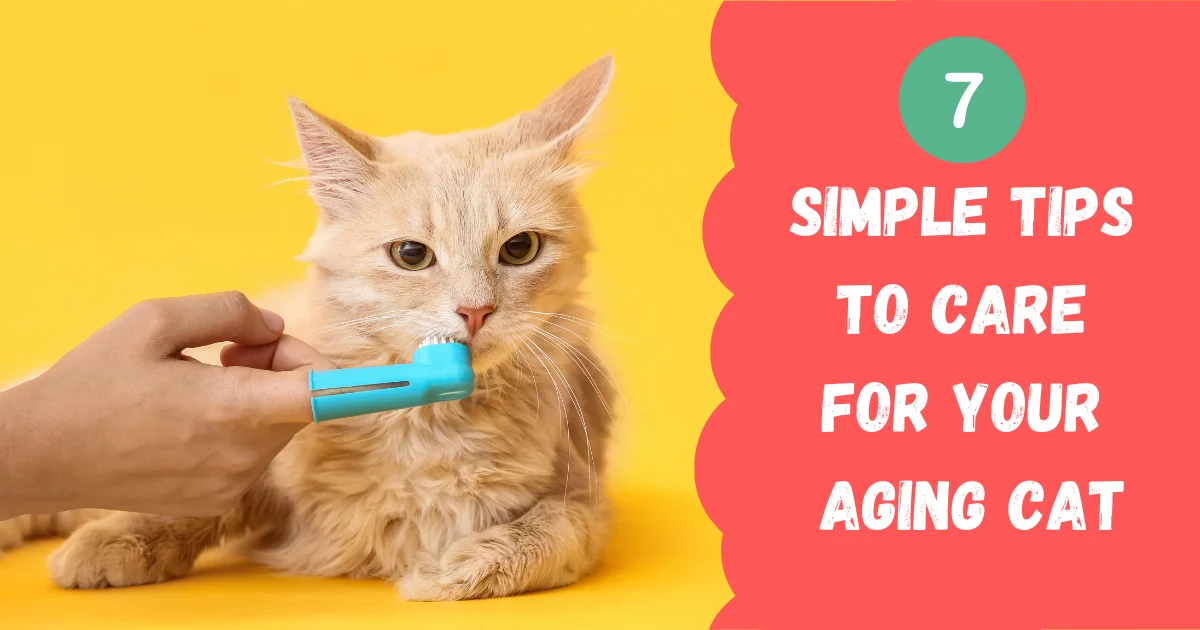





Carla
Wednesday 1st of January 2020
This a good article!
Jean
Wednesday 6th of March 2019
I have a cat my Baby. He'll be 15 on March 21.